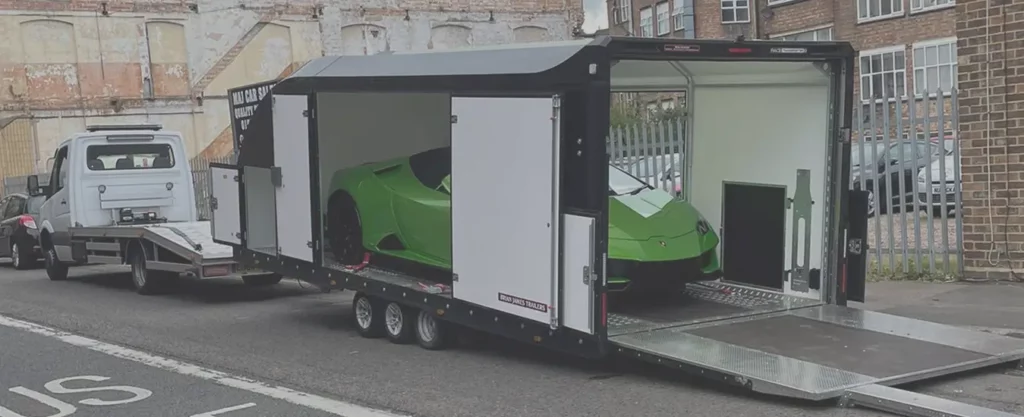Whether you’re dealing with a lack of space, going on an extended trip, or looking for a secure place to store your cherished vehicle, finding the right vehicle storage near you is a crucial decision. As you embark on this journey, it’s essential to understand the various factors influencing the price of vehicle storage. In this guide, we’ll break down the cost considerations, ensuring you make an informed decision that aligns with both your budget and storage needs.

1. Location, Location, Location:
- One of the primary factors influencing the cost of vehicle storage is the location. Storage facilities in prime, easily accessible areas may charge higher rates than those in more remote locations. Assess your priorities, weighing convenience against budget considerations.
2. Indoor vs. Outdoor Storage:
- The choice between indoor and outdoor storage significantly impacts the cost. Indoor storage, often climate-controlled, provides additional protection but tends to be more expensive than outdoor options. Consider the specific needs of your vehicle when making this decision.
3. Security Features:
- Security is paramount when storing your vehicle. Facilities with advanced security features such as surveillance cameras, gated access, and onsite staff may have higher rental fees. Evaluate the level of security offered to ensure the safety of your investment.
4. Storage Duration:
- The length of time you plan to store your vehicle plays a role in determining the cost. Many storage facilities offer discounts for long-term commitments, while short-term storage tends to be priced at a higher rate.
5. Additional Amenities:
- Some storage facilities go beyond the basics, offering additional amenities like onsite maintenance, vehicle detailing, or even concierge services. These extras can contribute to higher costs but may be worth it depending on your preferences.
6. Vehicle Size and Type:
- The size and type of vehicle you’re storing directly impact the cost. Larger vehicles, such as RVs or boats, generally require more space and may incur higher storage fees. Confirm that the facility can accommodate your specific vehicle type.
7. Accessibility and 24/7 Availability:
- Facilities offering extended access hours or 24/7 availability may charge higher rates for the added convenience. Consider how frequently you’ll need access to your vehicle and whether the flexibility justifies the additional cost.
8. Insurance Coverage:
- Some storage facilities include insurance coverage as part of their package, while others may require you to obtain your own insurance. Understand the insurance options available and factor this into your overall cost considerations.
9. Comparing Quotes:
- Don’t settle for the first storage facility you come across. Request quotes from multiple providers, considering the features and services included in each package. This comparison ensures you get the best value for your budget.
10. Customer Reviews and Reputation:
– A storage facility’s reputation and customer reviews can provide insights into the quality of service offered. While not a direct cost consideration, opting for a reliable facility can save you from potential headaches and additional expenses down the line.
In conclusion, understanding the price of vehicle storage near you involves a careful assessment of various factors. By considering location, security, amenities, and other variables, you can make an informed decision that meets both your storage needs and your budget. Take the time to evaluate your options, ask questions, and choose a storage solution that provides the best value for your specific requirements.

